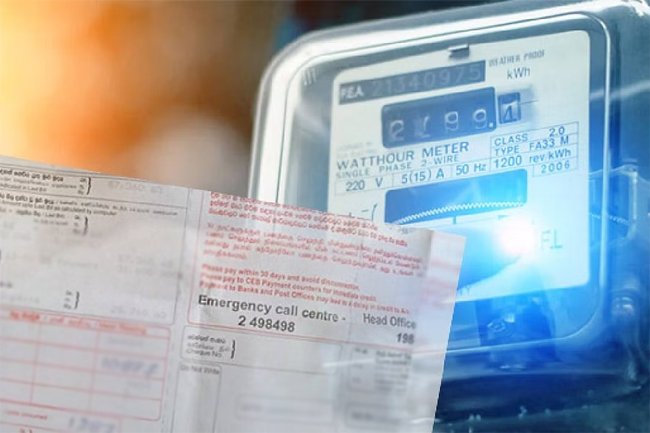Ineffective Government Actions
On January 8, 2025, Opposition Leader Sajith Premadasa expressed significant criticism towards the current government for failing to secure a new agreement with the International Monetary Fund (IMF) and for not delivering on key promises that affect the daily lives of Sri Lankans.
During a parliamentary session, Premadasa highlighted the government’s inability to value the people’s mandate. He pointed out that the anticipated increase in the fertiliser subsidy—from Rs. 15,000 to Rs. 20,000—has yet to be implemented, affecting over half the country’s population that depends on agriculture. This lack of support is threatening the survival of farming in the nation.
Economic Policies Failing the Working Class

The Opposition Leader also accused the government of failing the public by not reducing utility bills as promised. The expected reduction in electricity bills and other cost-saving measures have not materialized, leaving ordinary citizens burdened with high costs. Moreover, he criticized the economic strategies that only seem to benefit international sovereign bondholders, who gain from debt reductions linked to the country’s economic growth, while the local working populace remains neglected.
Premadasa questioned when the government would address these critical shortcomings, emphasizing that the touted economic benefits have not reached the foundational economic contributors—the working class. He also raised concerns over the government’s commitment to supporting micro, small, and medium enterprises (MSMEs). Despite extending the moratorium law’s implementation period, which was positively noted, there still lacks a clear, supportive framework for these businesses to recover and thrive, such as accessible capital and reduced interest rates.
Government Neglect During the Pandemic
Adding to his criticisms, Premadasa lamented the disbandment of the Suwa Seriya board of directors—a key element of a project that provided essential services during the COVID-19 pandemic, spearheaded by parliamentarian Dr. Harsha de Silva. This move, according to him, undermines the contributions and stability brought about by such initiatives.
The Reality of Government-Claimed Stability
The Opposition Leader did not shy away from addressing the broader socio-economic issues stemming from governmental policies. He pointed out the irony in the government’s narrative of stability, questioning whose stability it was referring to when poverty, malnutrition, and unemployment are on the rise, and essential industries are collapsing.
He strongly urged government ministers to directly engage with and listen to the struggles of laborers, farmers, fishermen, and other grassroots-level citizens who have been significantly impacted by the lack of fuel subsidies and price reductions. Premadasa argued that the so-called stability touted by the government has come at a humanitarian cost, increasing the hardships faced by the nation’s most vulnerable groups.
Conclusion: A Call for Genuine Support and Stability
In his concluding remarks, Premadasa challenged the government to take definitive actions that would genuinely support the economic and social well-being of all Sri Lankans, rather than a select few. He stressed the need for a government that listens and responds effectively to the needs of its people, ensuring that the promised reductions in living costs and support for local enterprises are fulfilled, thereby fostering a truly stable and prosperous nation.















